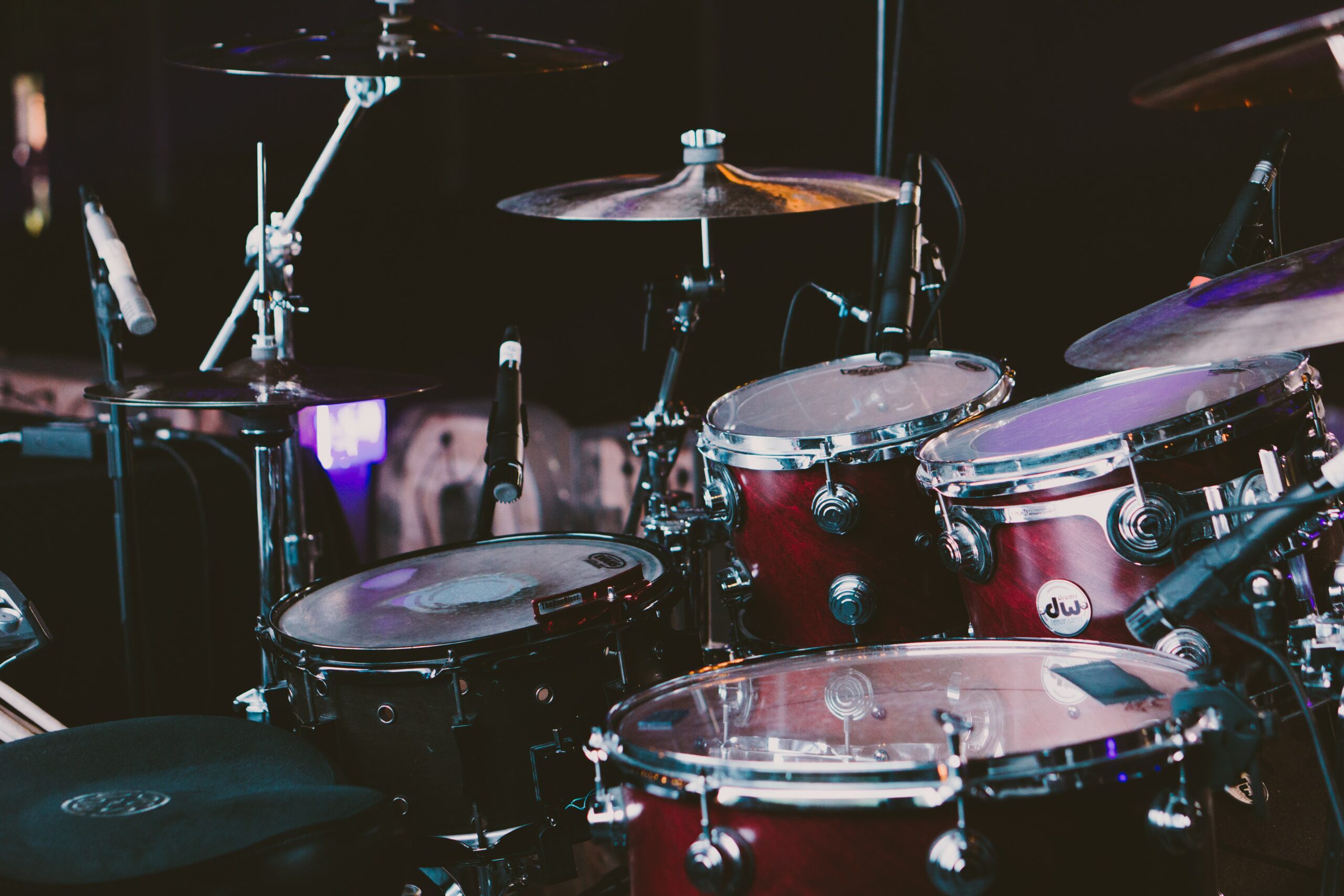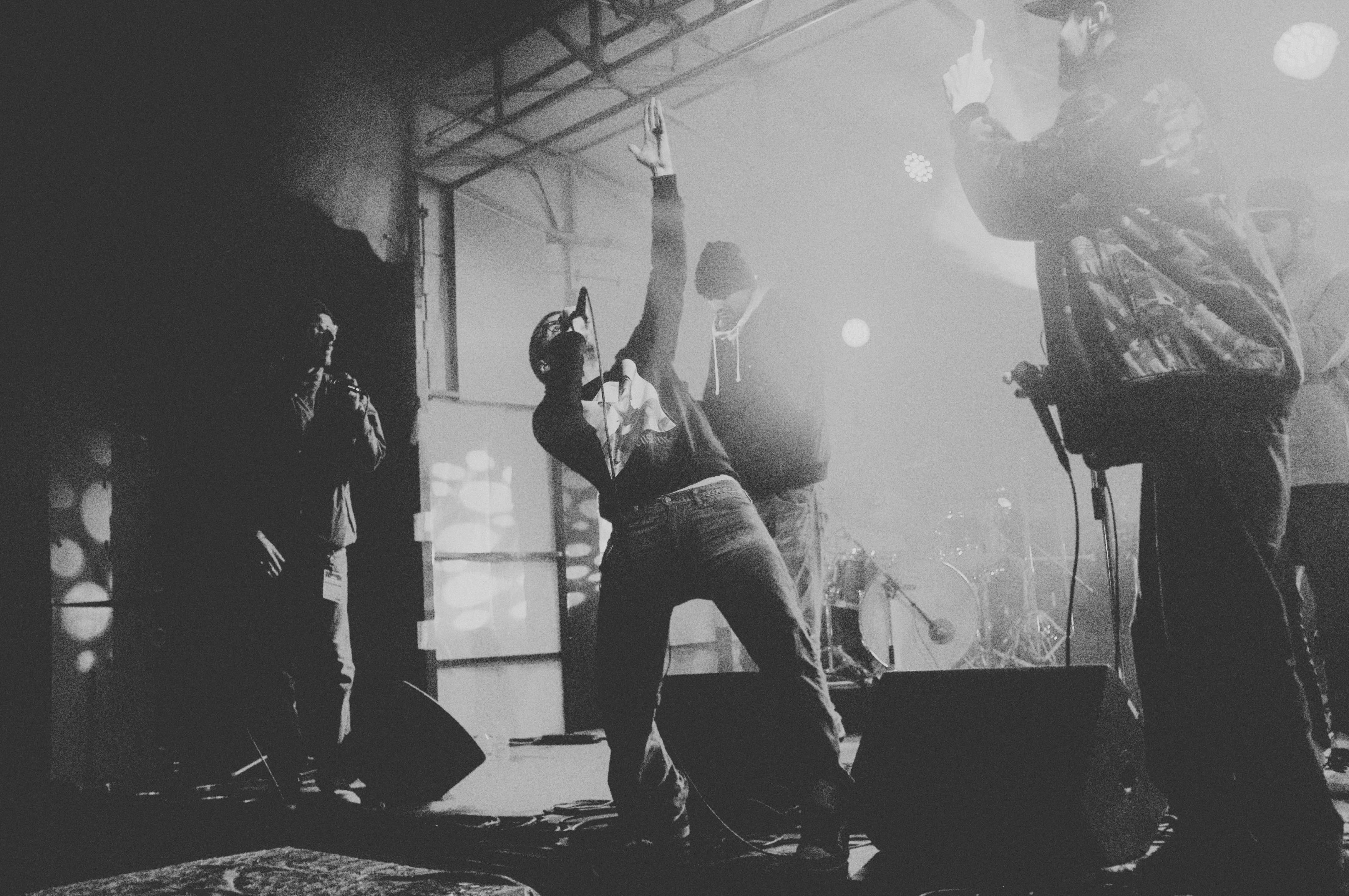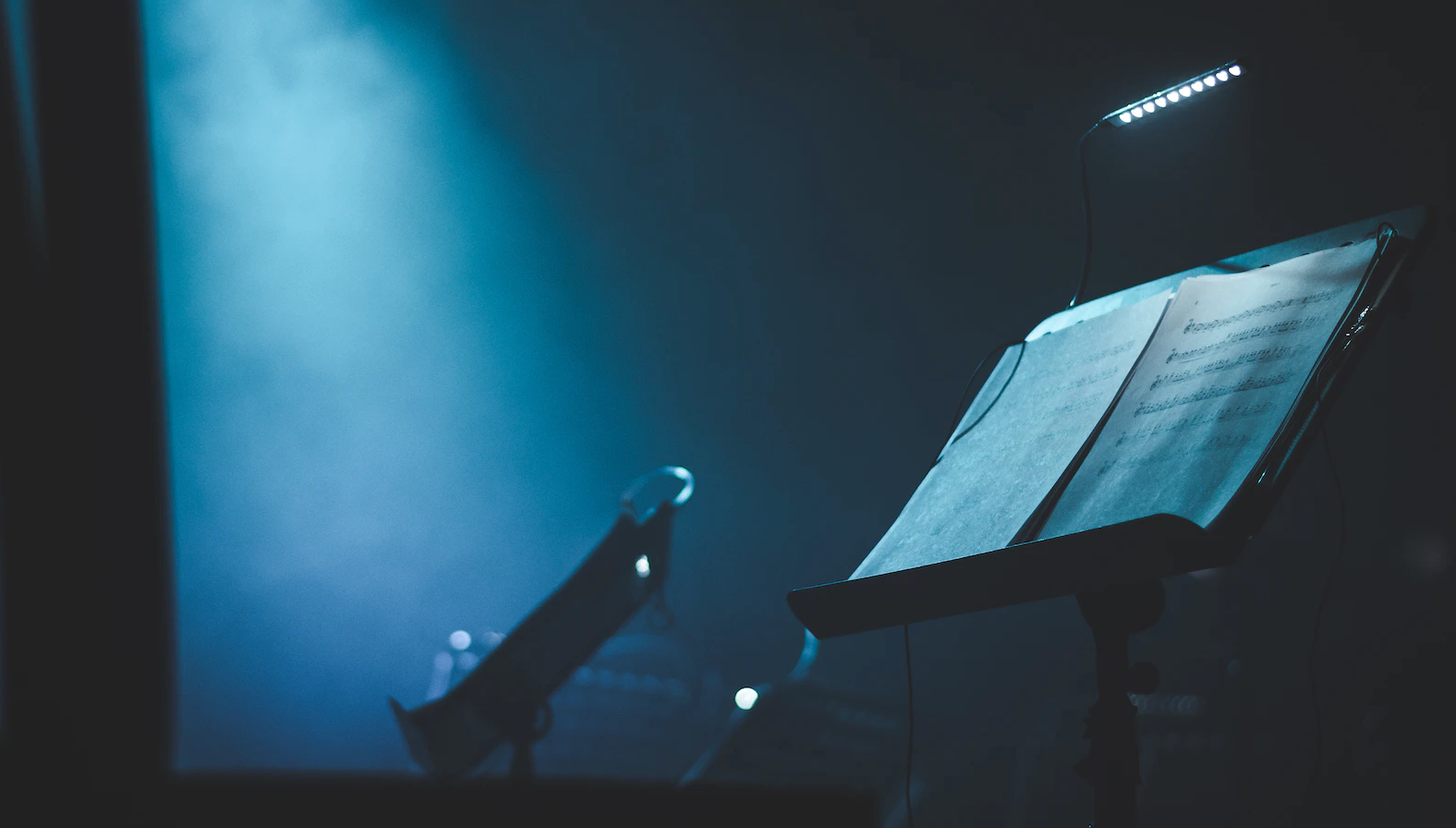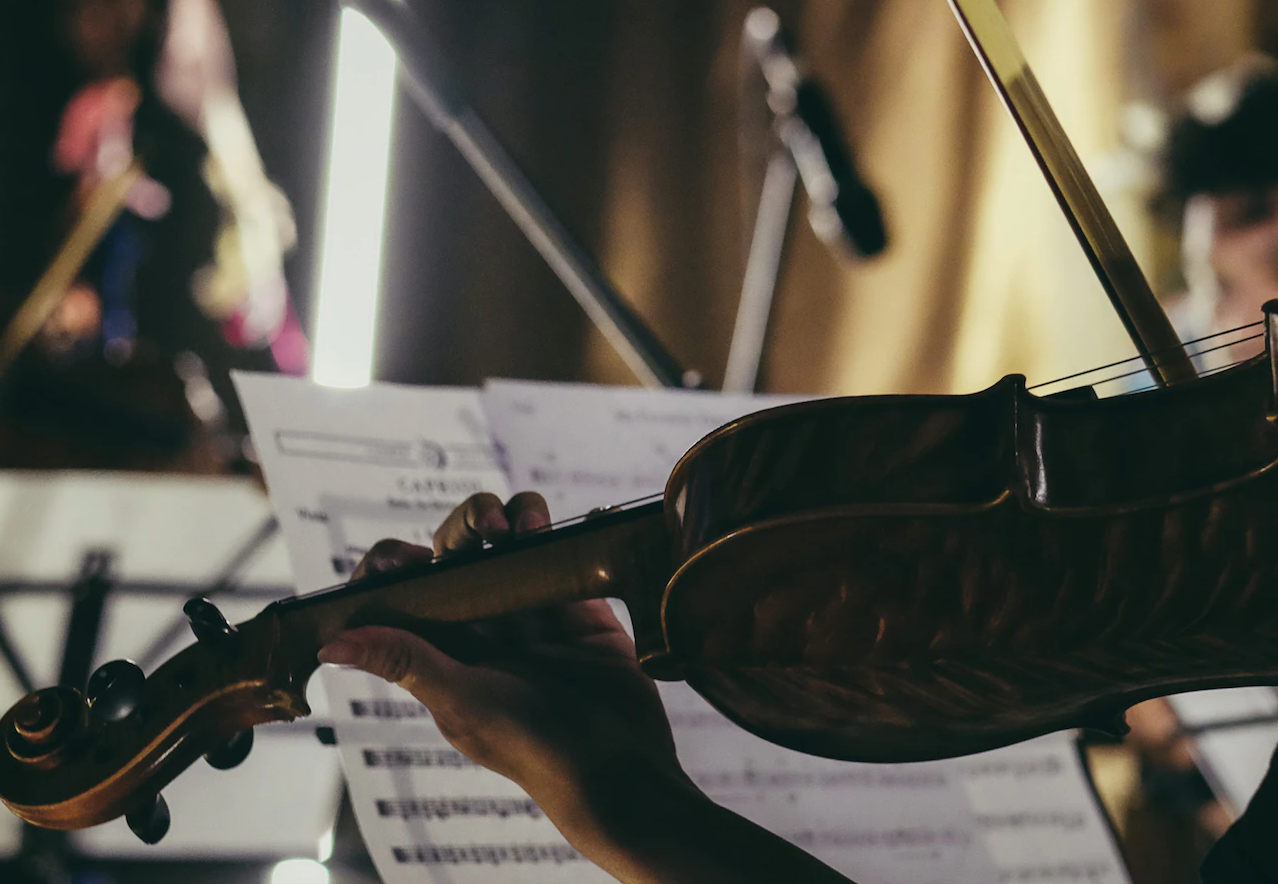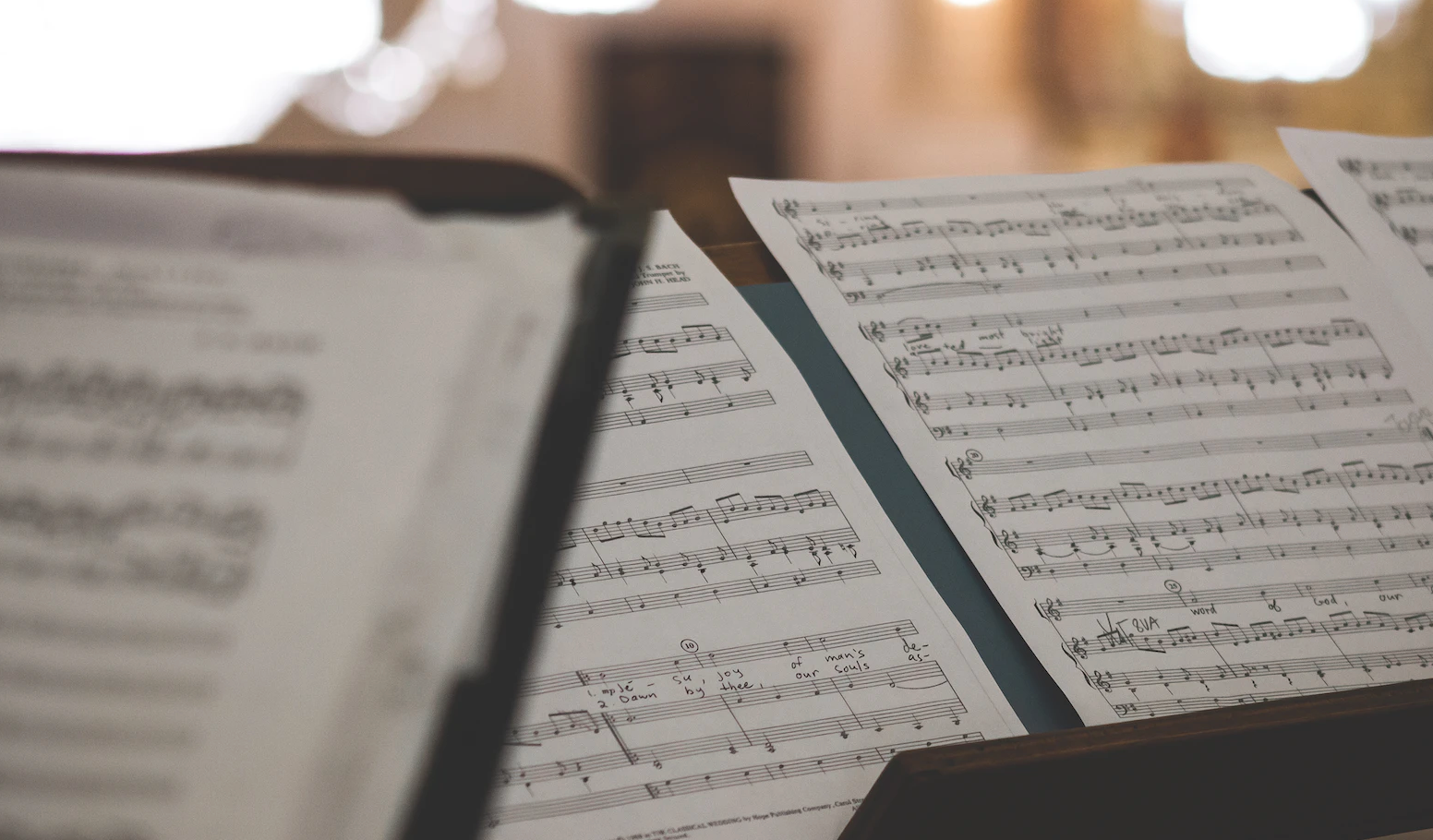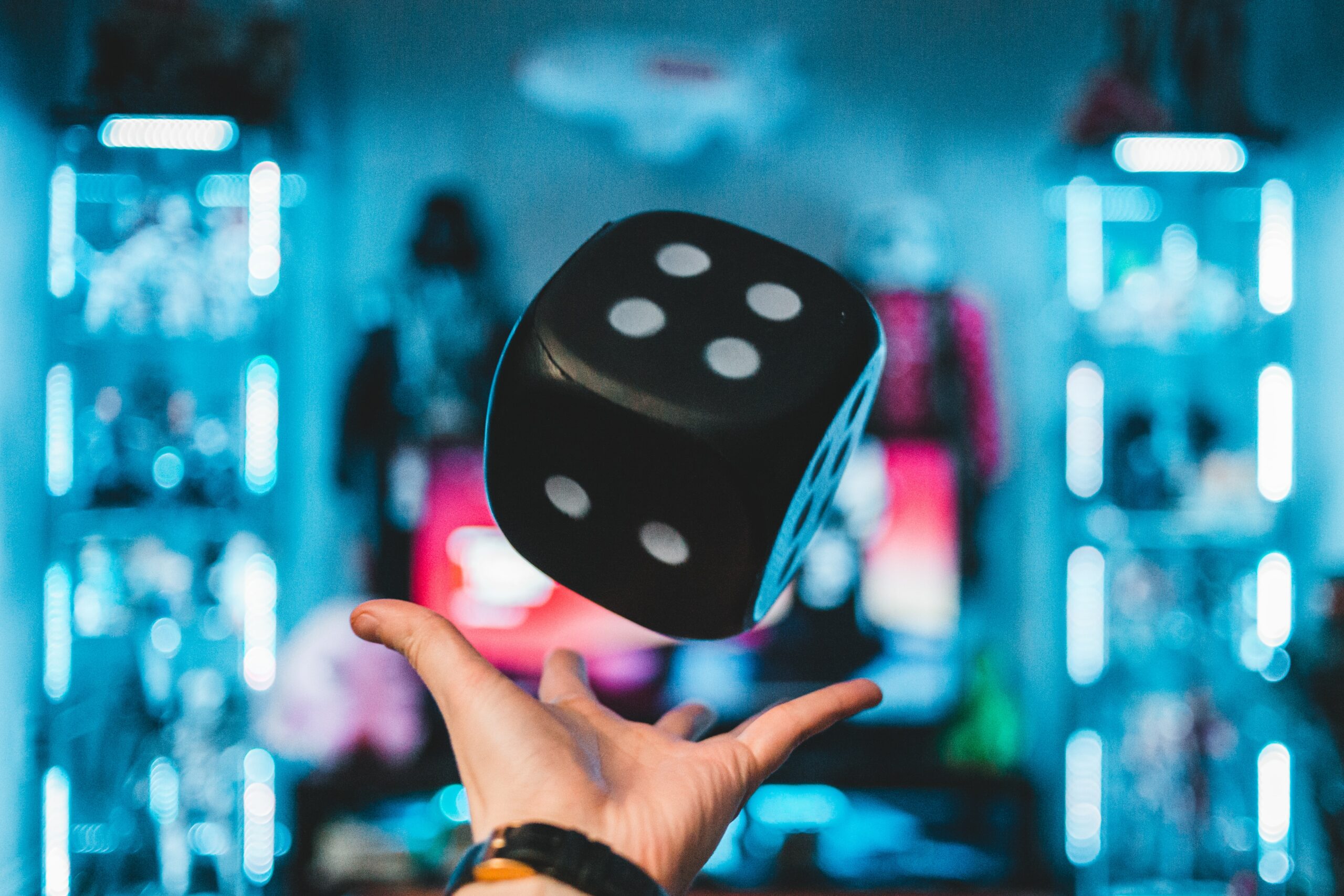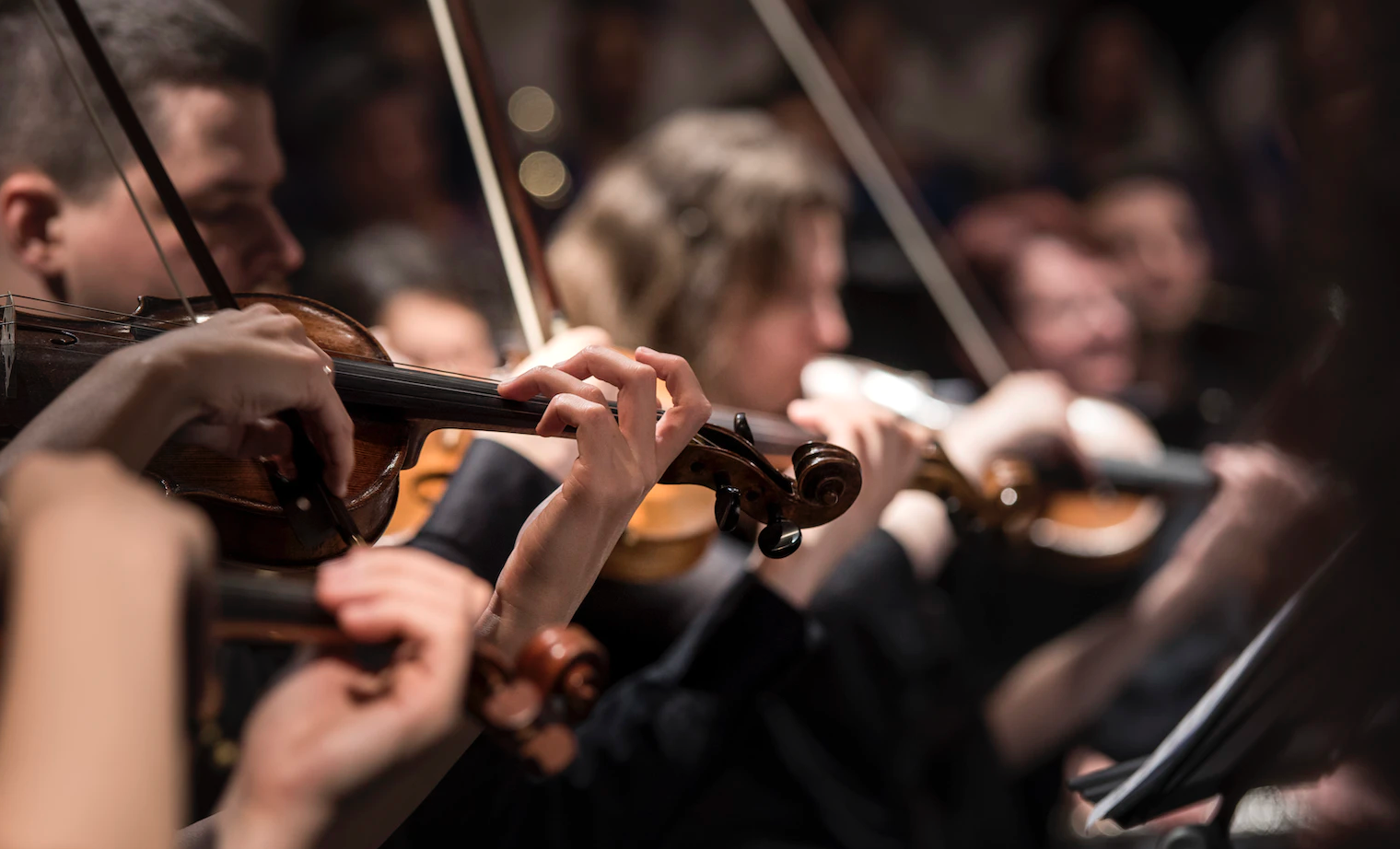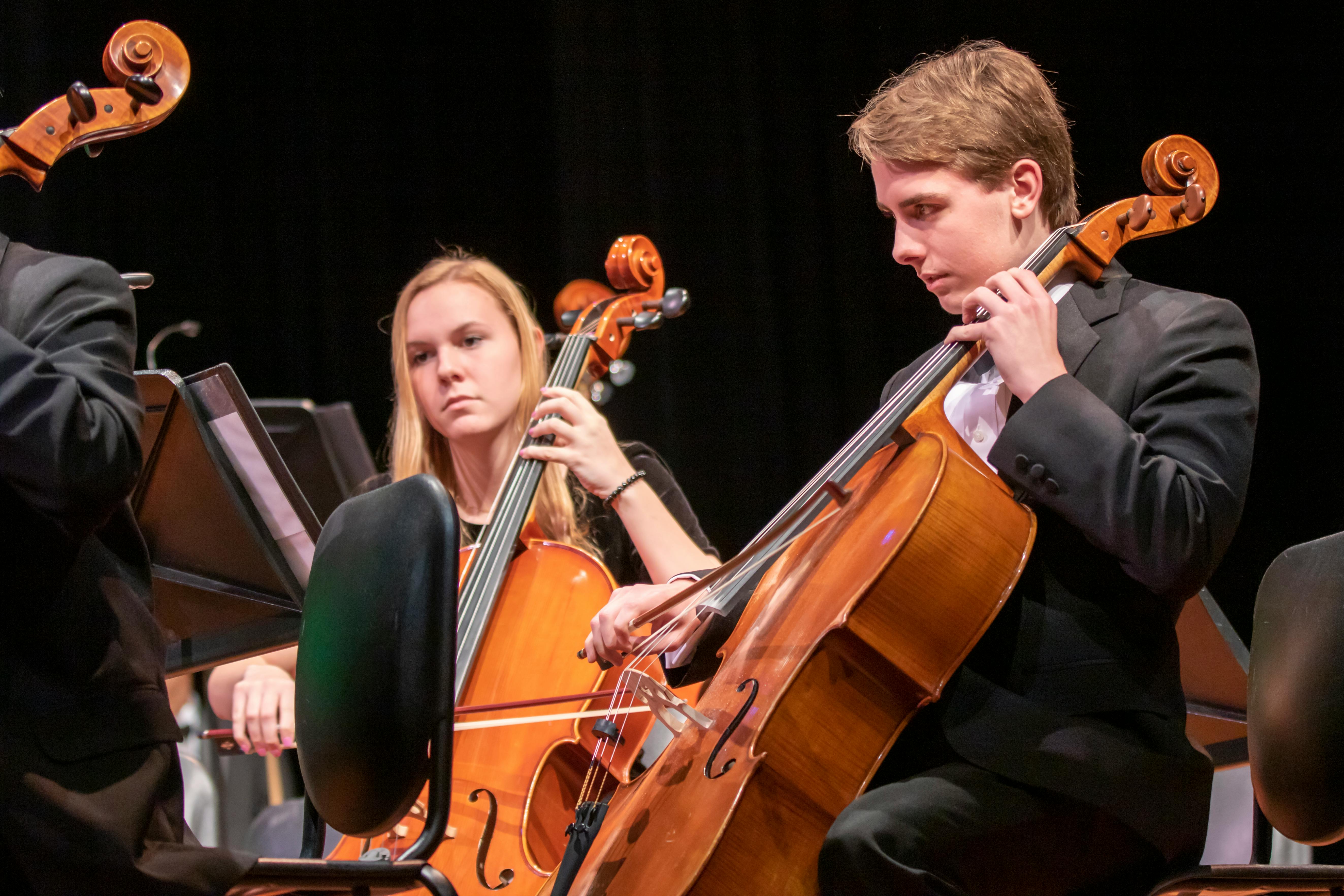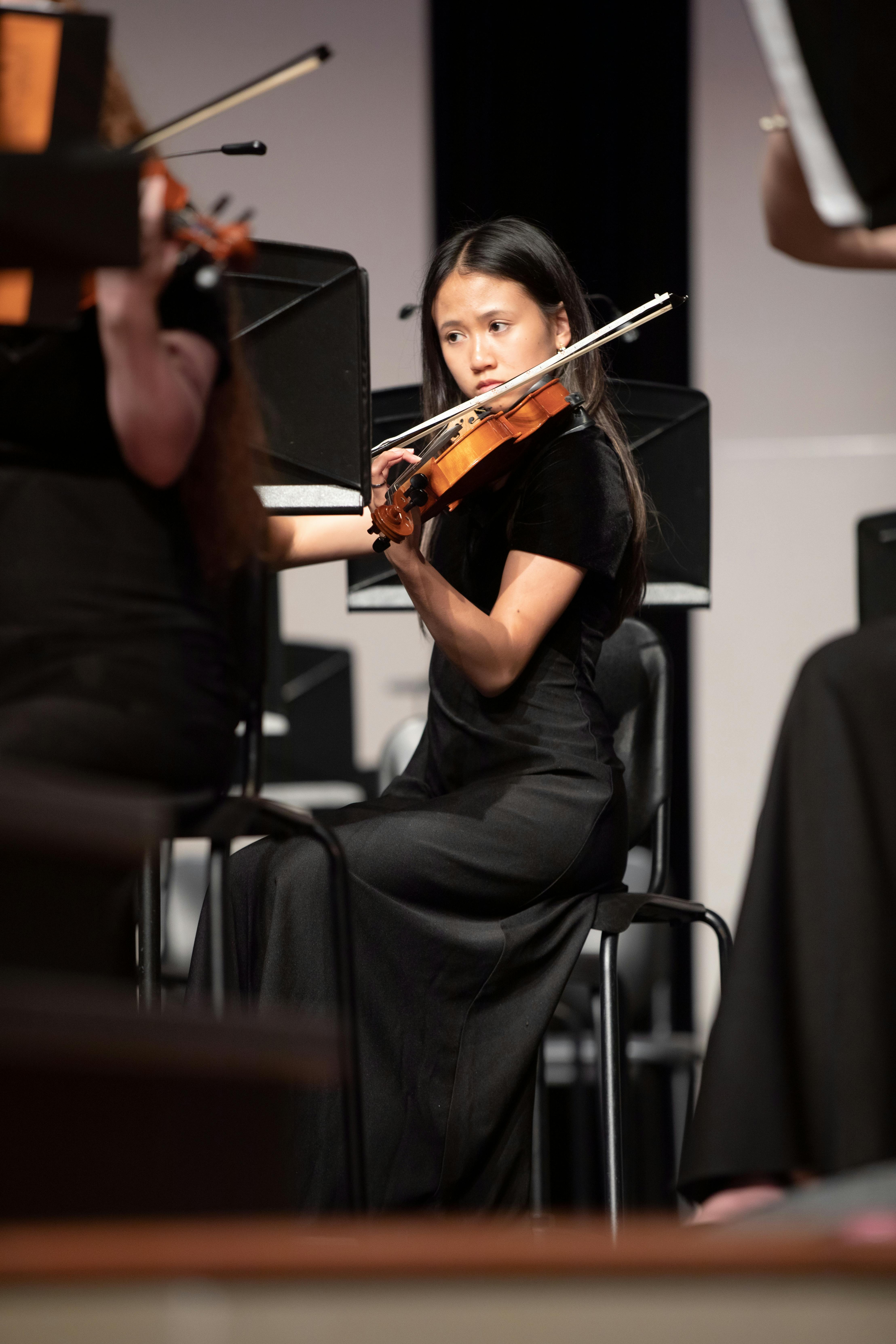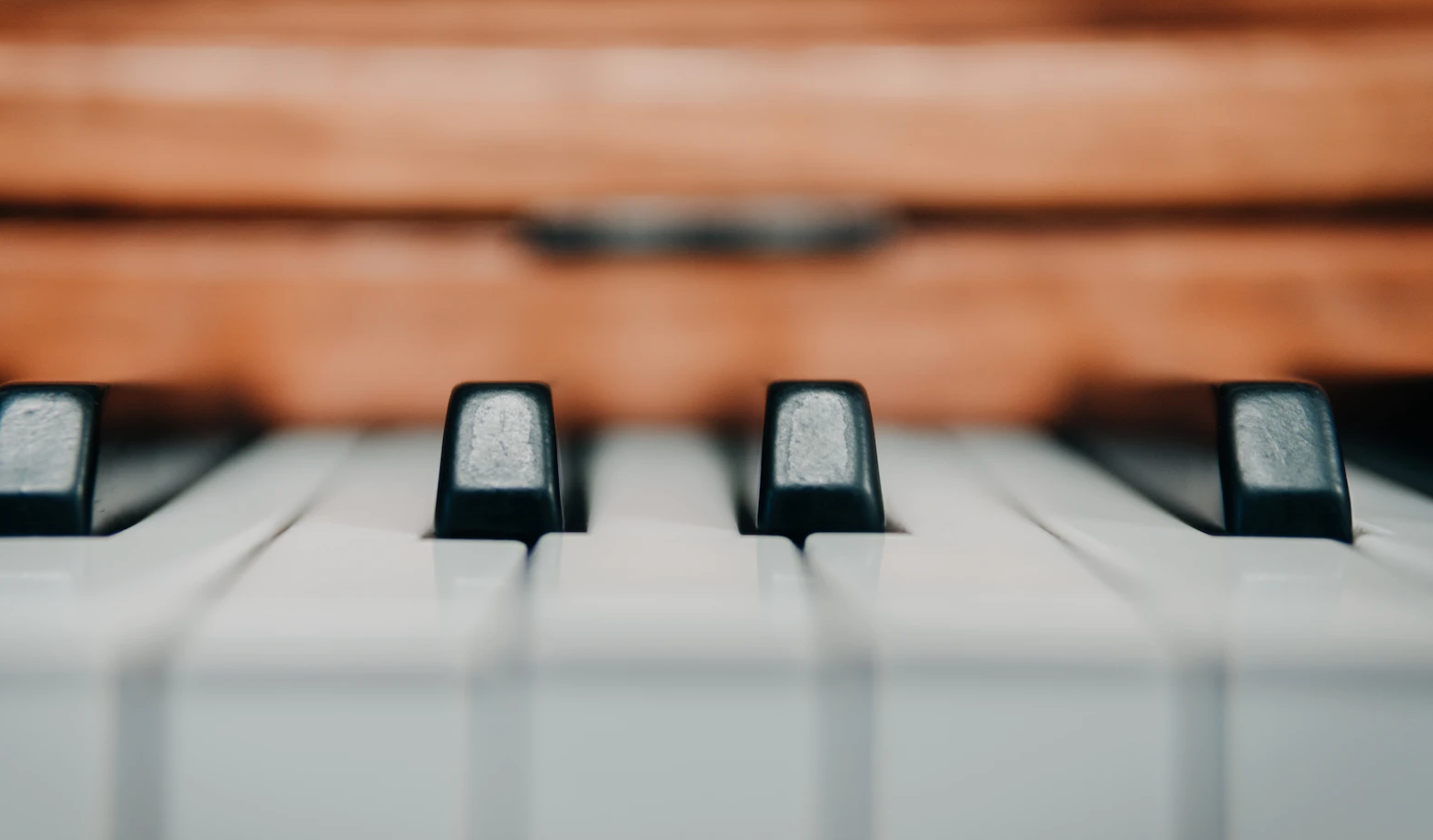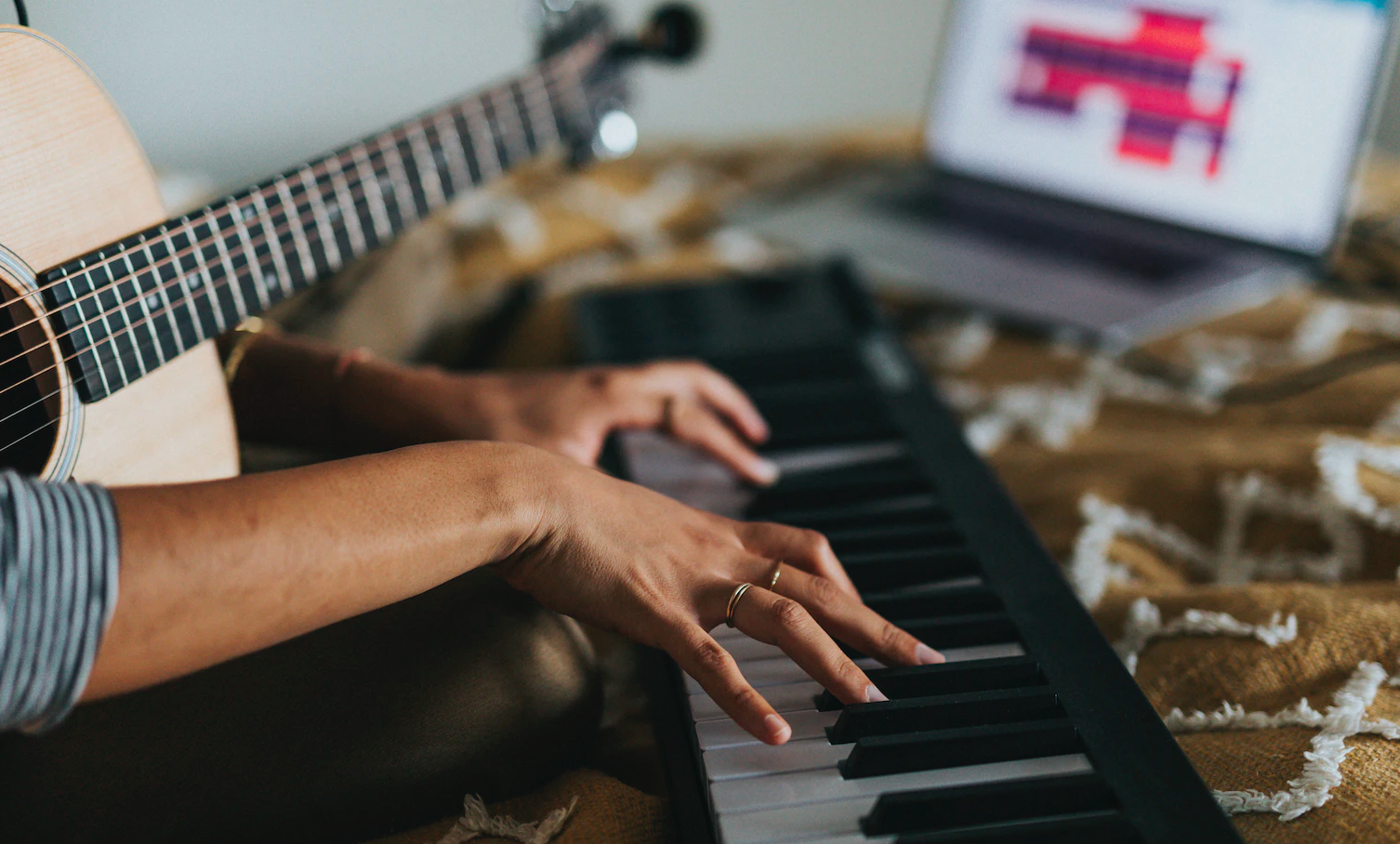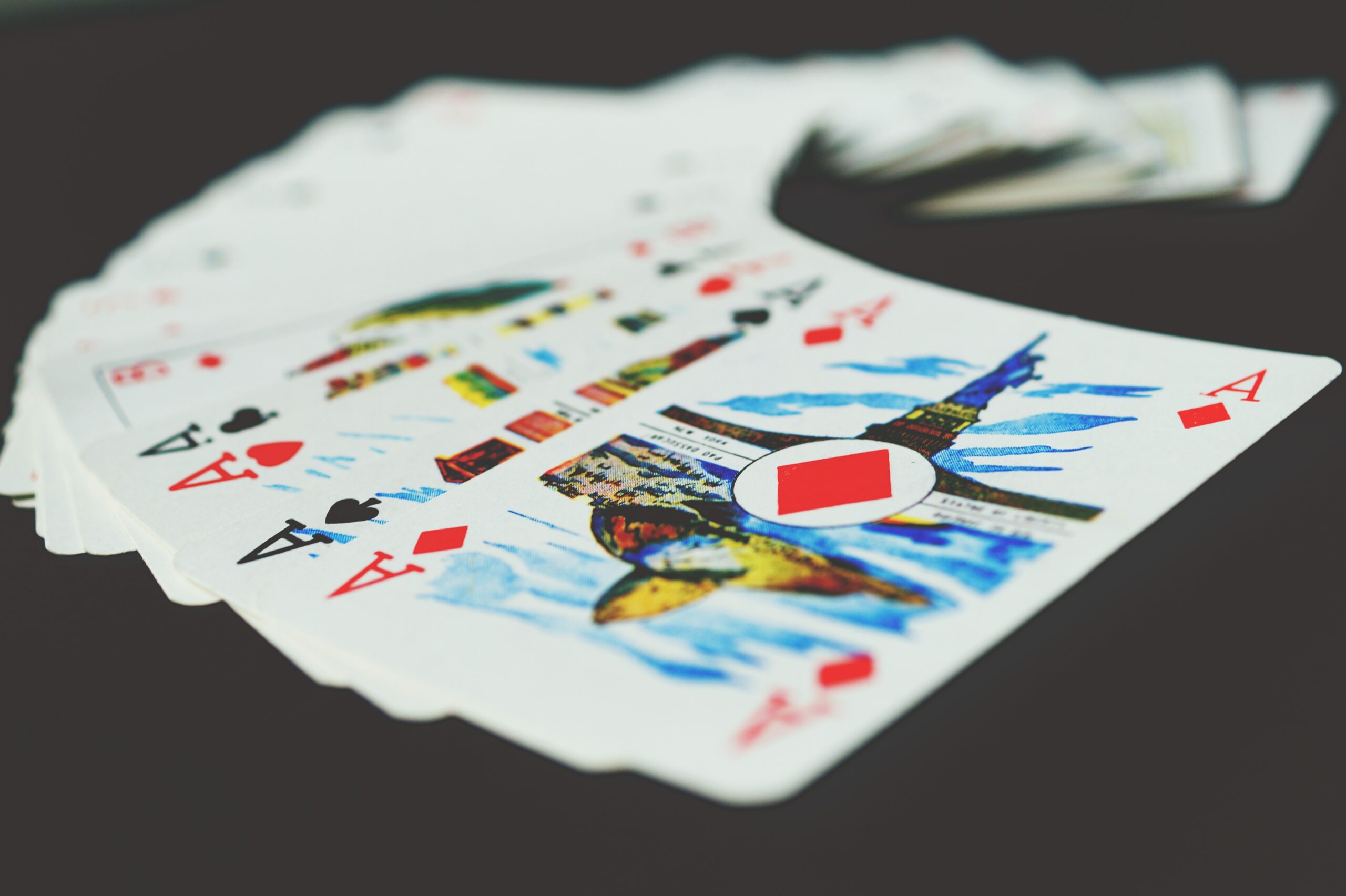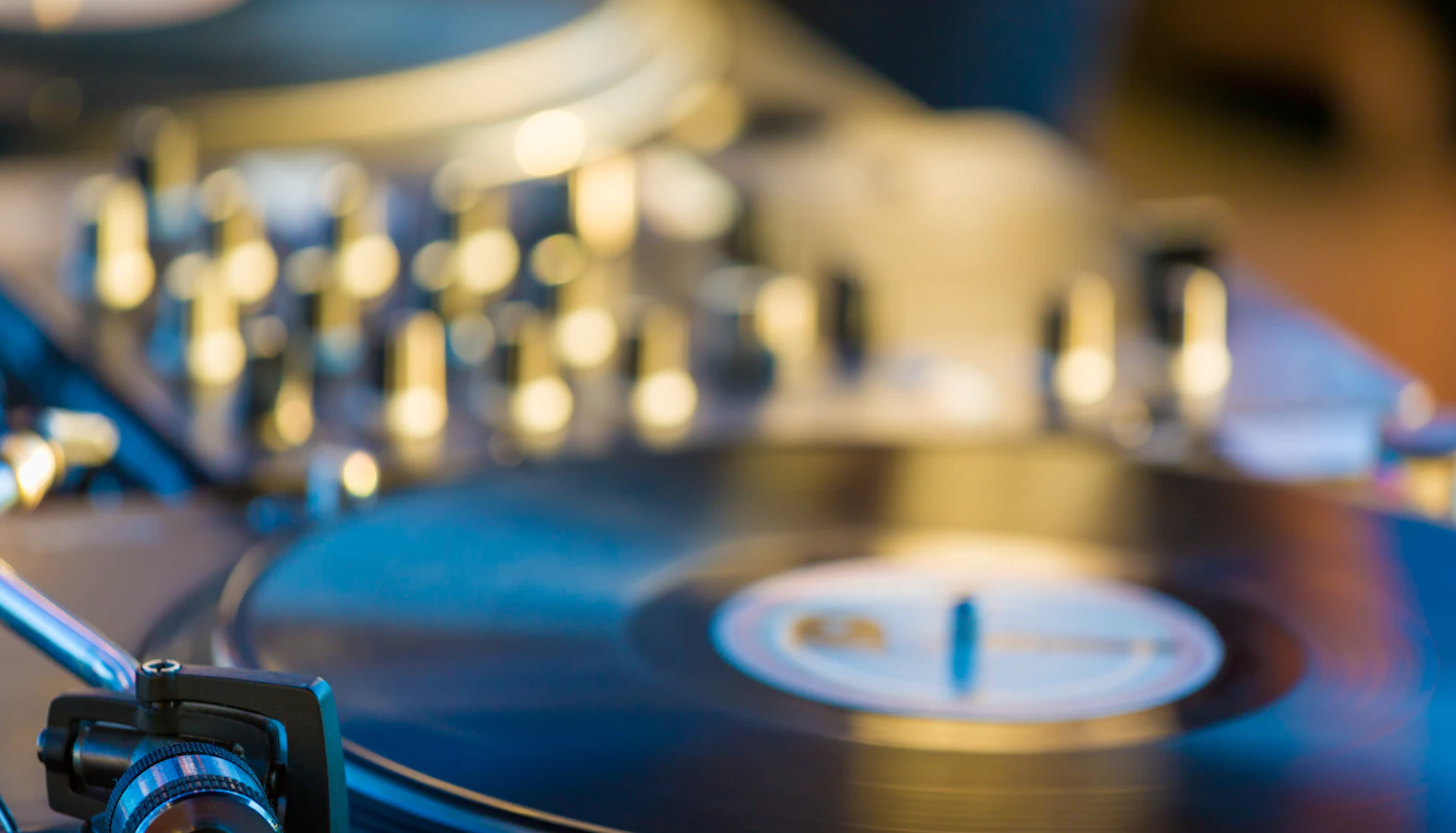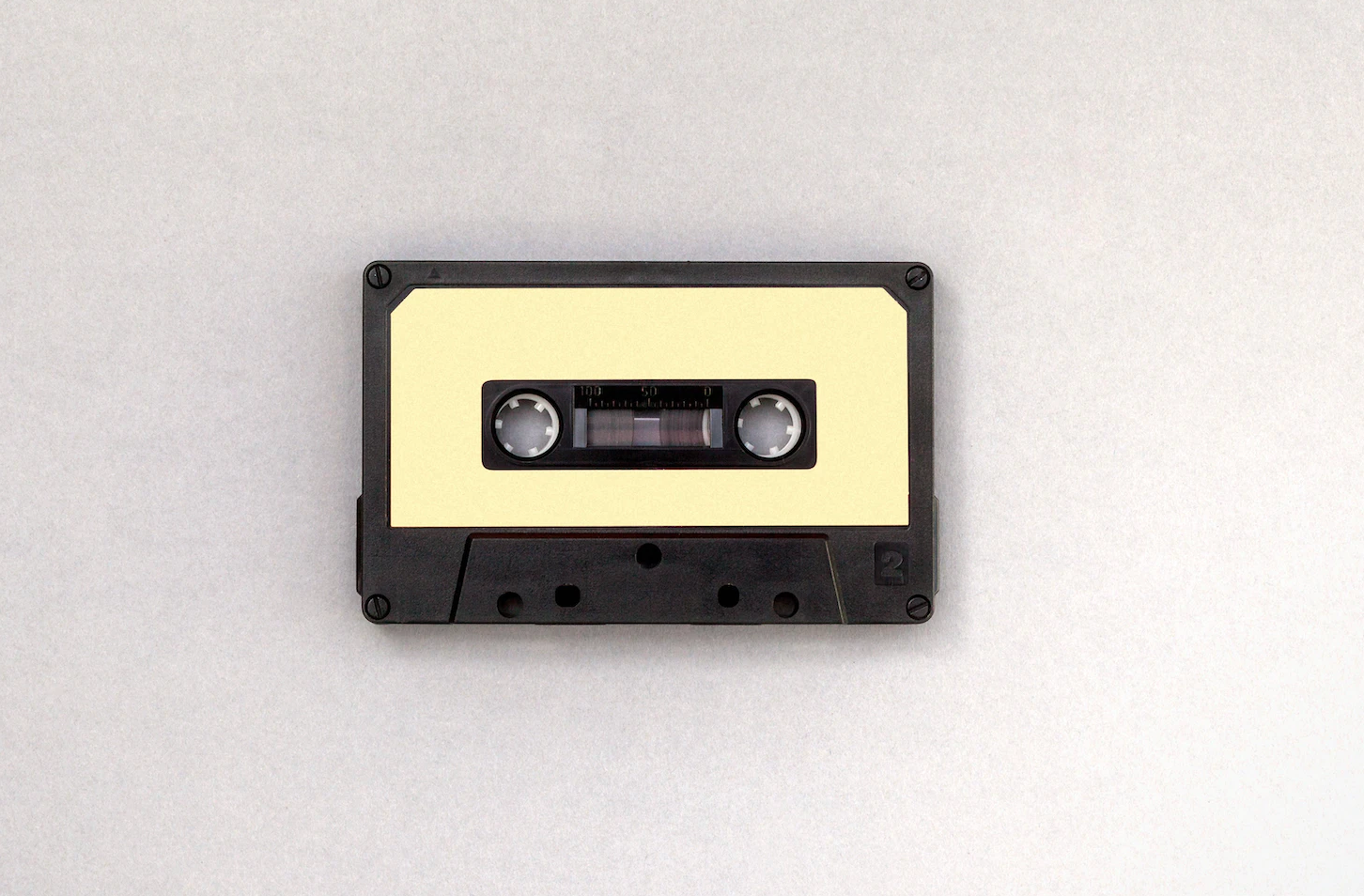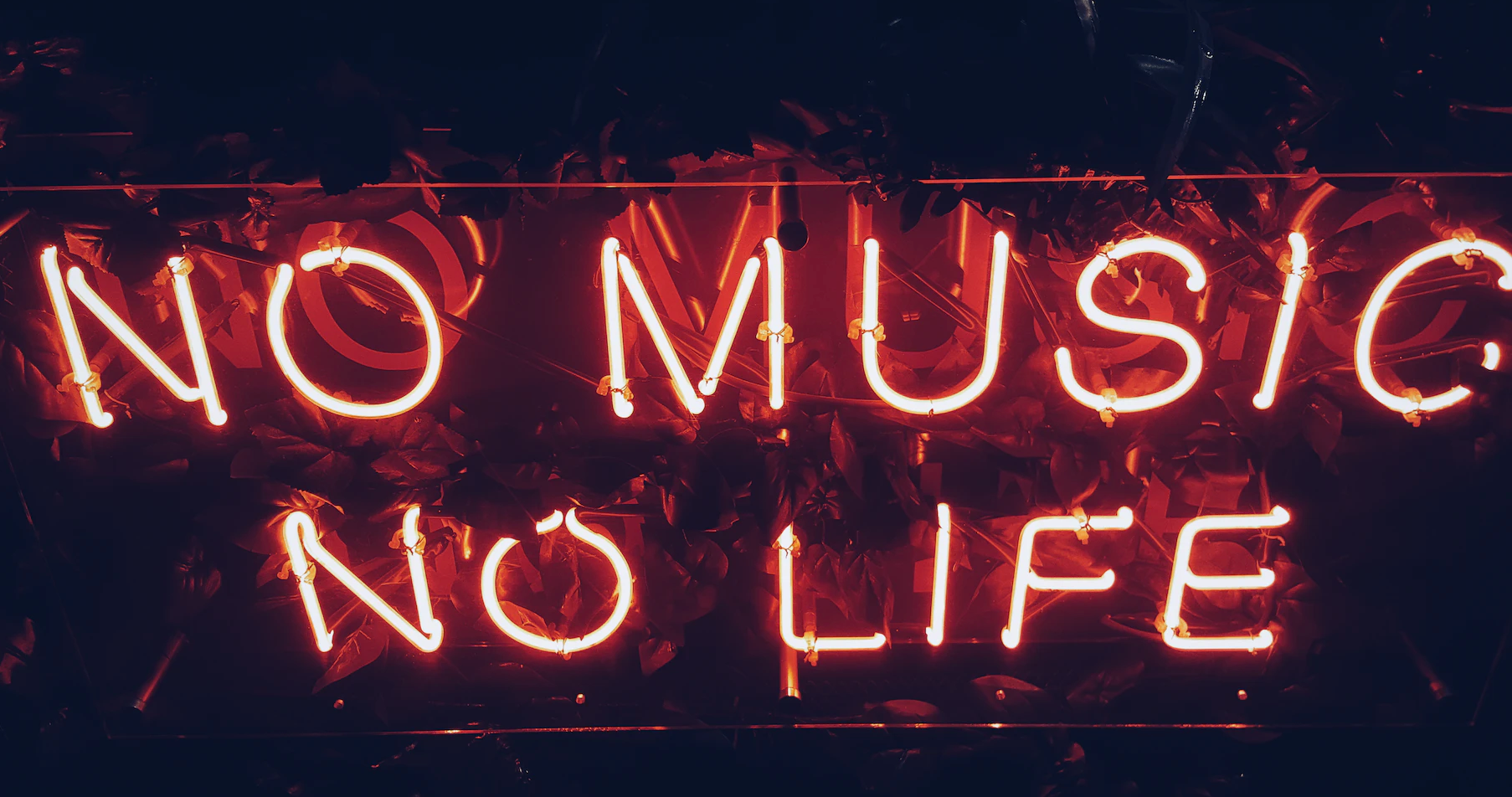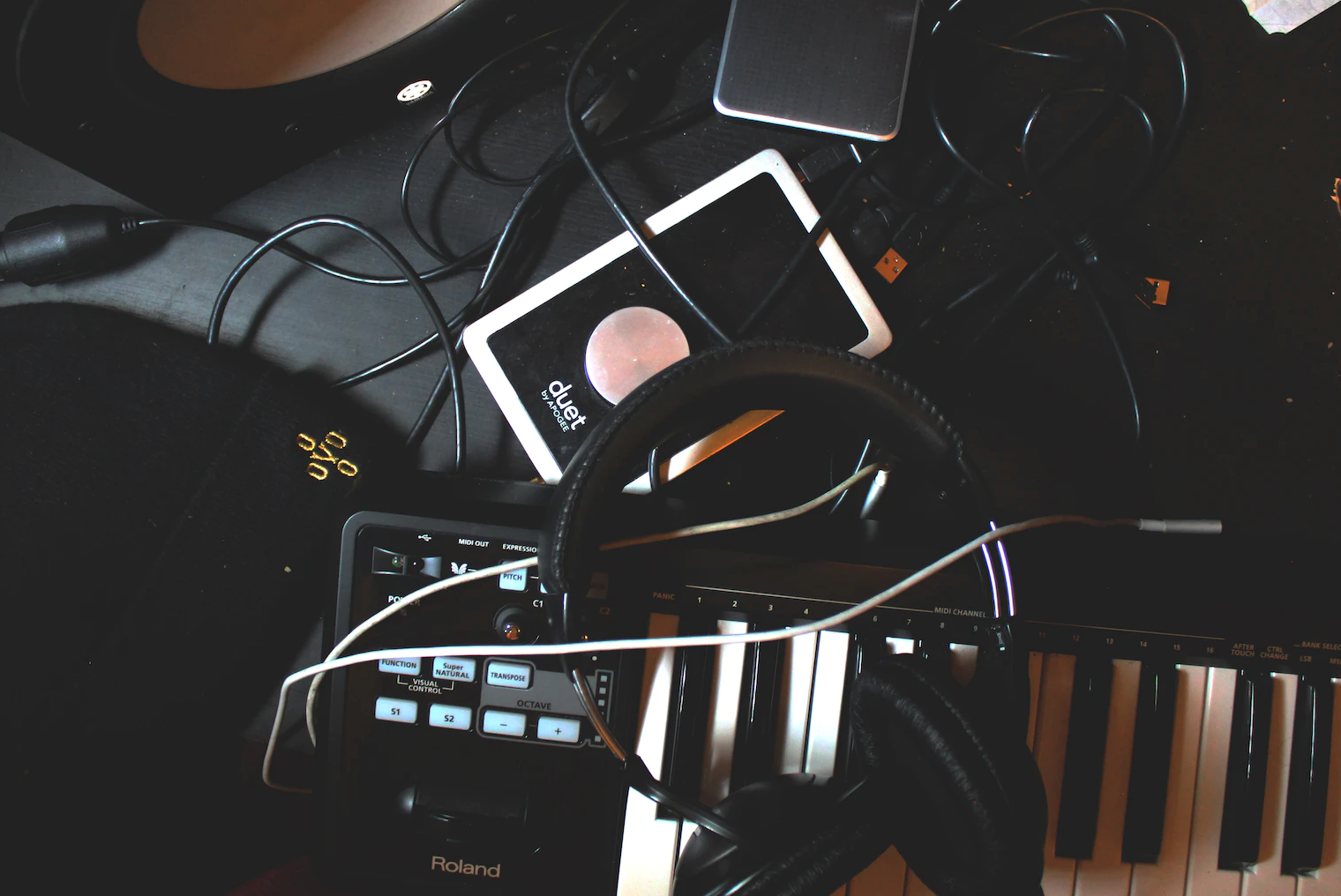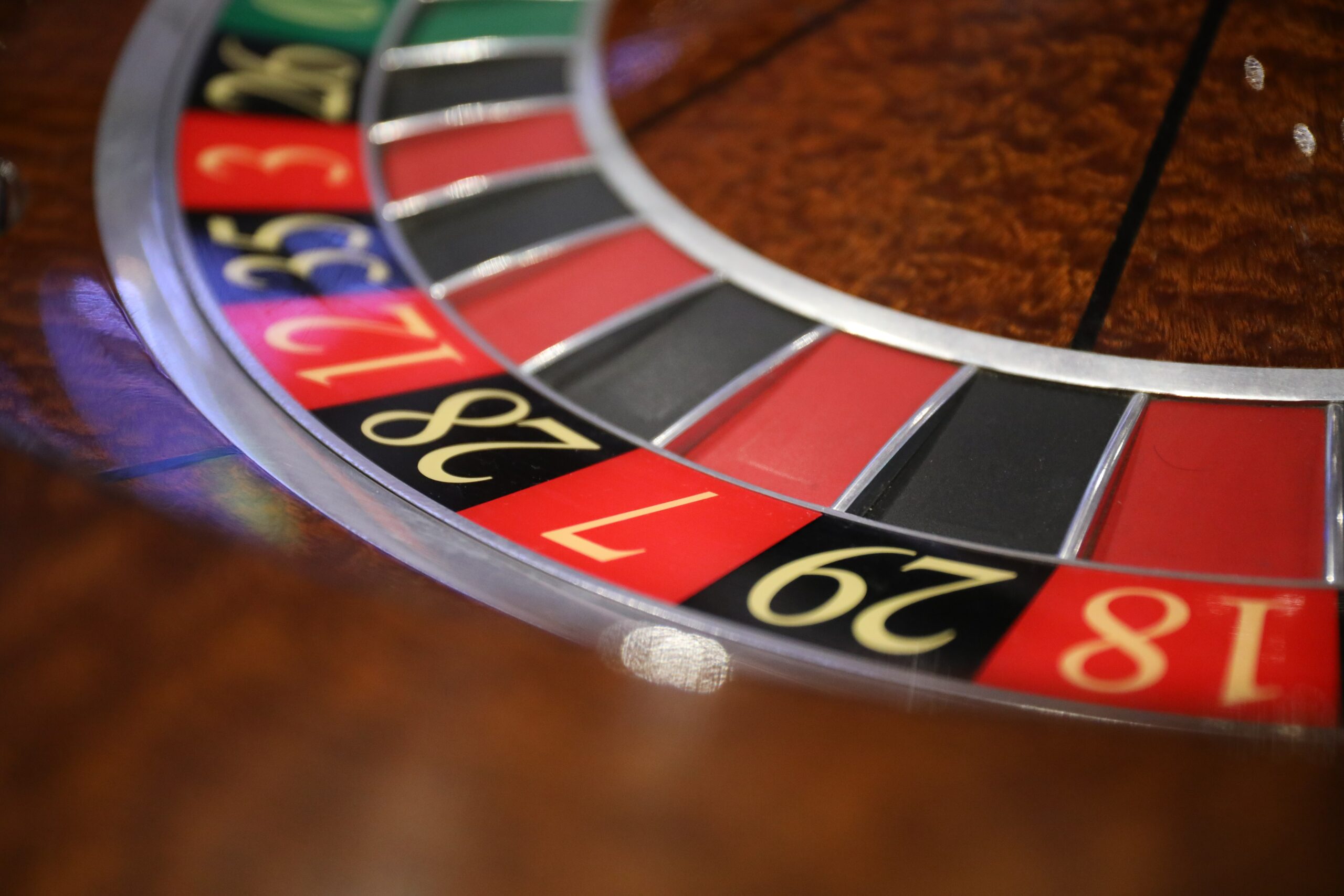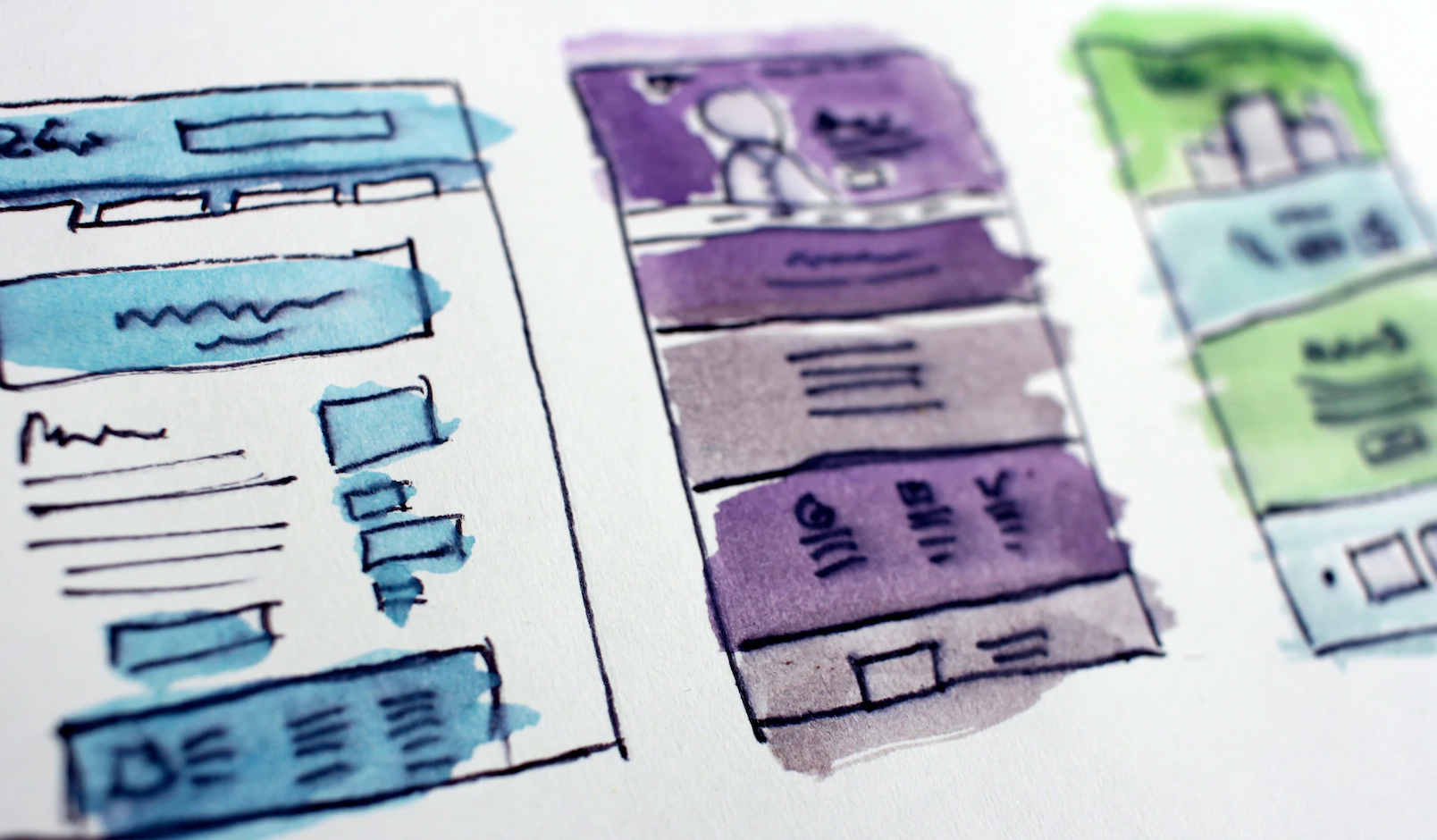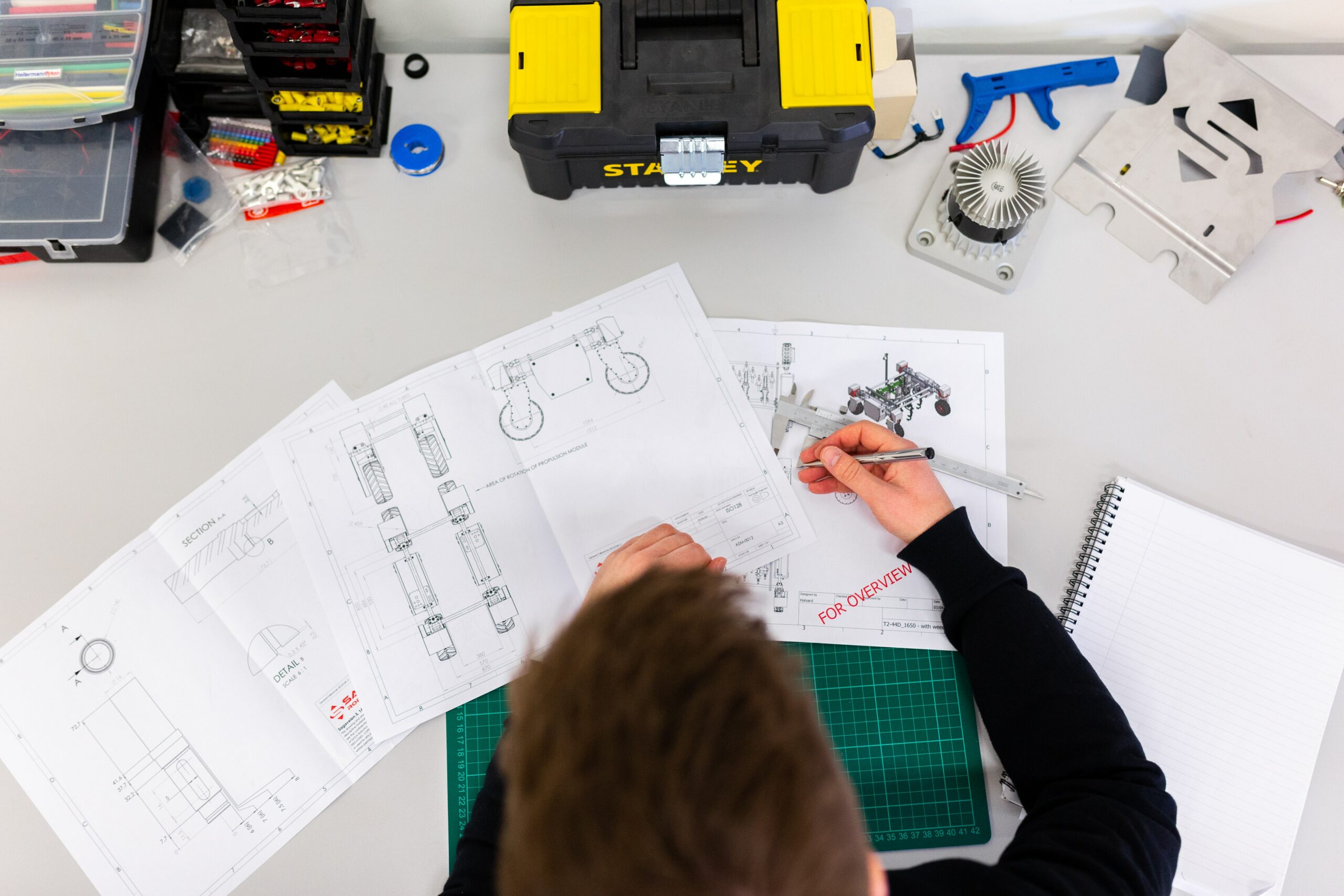If you put in the work, you can learn to play any musical instrument. However, some are considerably simpler to learn than others, and many of you are undoubtedly already seeing yourself playing a classical repertoire or Maybe I'm a Leo by Deep Purple. But what can you learn more quickly if you've never even performed in a school play? Let's dissect it a little more to discover your high-end shortcut.
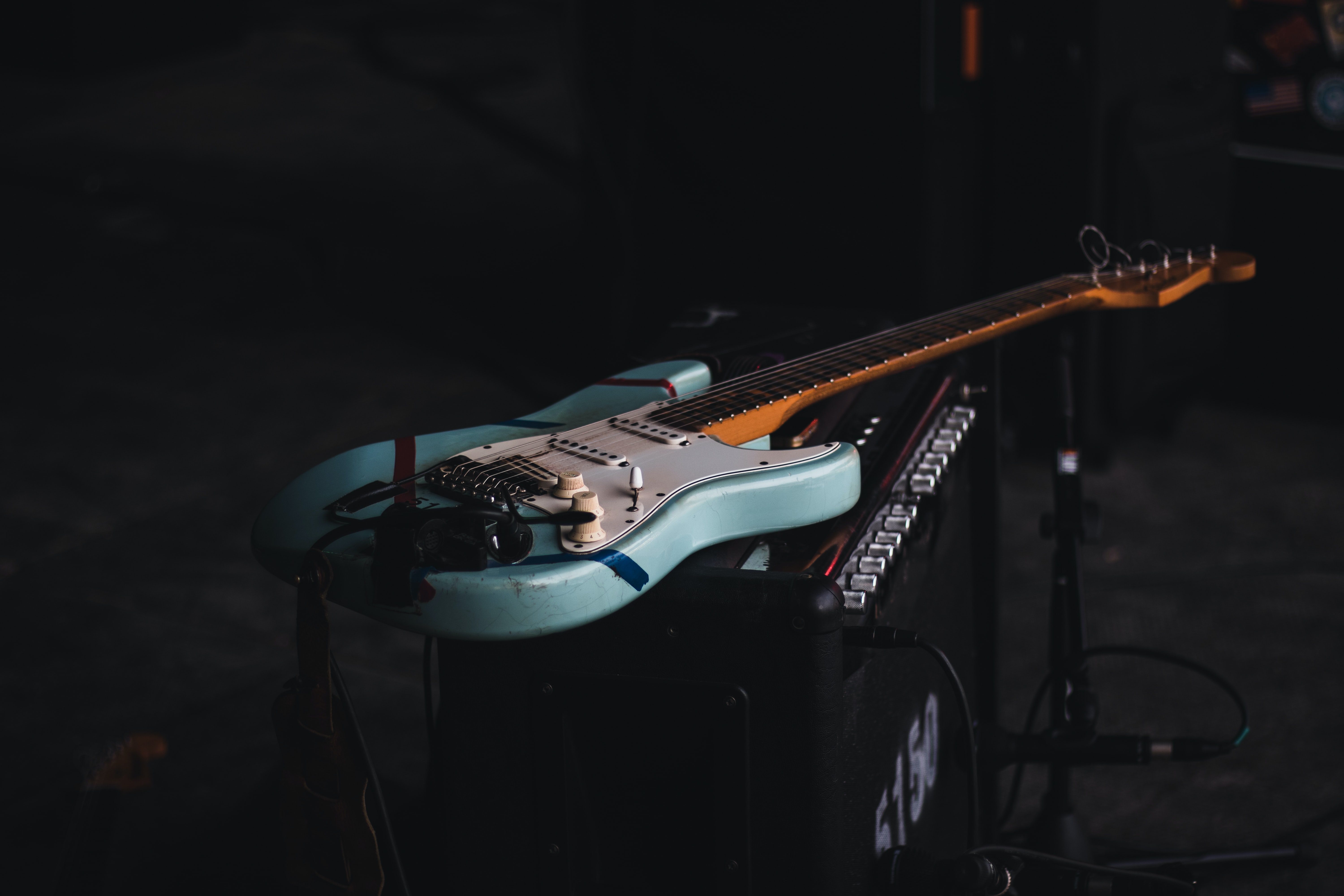
Guitar
The guitar is the first in our odd list of the simplest musical instruments. Yes, it is a staple at barbecues, picnics, and other enjoyable gatherings. It is also a serious musical instrument that will help you explore various musical genres, from metal to classical.
No other musical instrument has had as much of an impact on global pop and rock culture as the guitar. And since it is so simple to learn, millions of beginners worldwide select it. That's not quite accurate, though, as it is challenging to become a professional guitarist. Yes, you can learn a simple song online thanks to the abundance of lessons available. You can stop there if your goal isn't to become the conditional Katsuhito Yamashita. But if you stick with it, after 10 to 15 lessons, your talents will improve much more.
Ukulele
This baby will come in second. A ukulele might be the best option if you want to strumming the strings but the guitar doesn't fit you for some reason. Despite what many people believe, even if the playing style is very similar, this is not a small guitar.
The ukulele's advantages are clear: it's compact and simple to learn. Cons are subjective, with the exception that some people just don't enjoy the instrument's upbeat, resonant tone.
Piano
The piano is a simple instrument to pick up and very simple to learn... Not at all, no! The fact that it is easier to wipe your fingers in blood than to master it at a professional, high level, should have made it the last item on this list. However, pop-jazz guidance does exist, and with its help, your torture of learning can become a quite enjoyable and simple activity. Simply put, there's a good chance you'll succeed if you decide to learn a few pop songs.
Positively, you can substitute a synthesizer for the piano, which is a more portable and approachable instrument for novices. Of course, we are referring to jazz, pop, or electronic music in this instance.
Of course, the piano is a disadvantage. No, not the instrument itself, but the need to buy one, if you intend to take your lessons seriously both at home and at school, a second hand digital piano may also come in handy. Neighbours are a second problem, and their 'Dog Waltz' can be maddening. Irony aside, serious piano playing and the desire to become a true master all require hours of endless practice with scales in addition to reading hundreds of pages of academic information.
Drums
Students don't need to have a perfect ear for music or extensive theoretical understanding to play this rhythmic instrument. Even if you start off at a very low level, daily practice will help you pick up the rhythm quickly. You're close to joining a punk rock band in your neighborhood after about a month of practice and a few lessons with a tutor.
Do you desire more? Then you'll have to work much harder. By the way, this sentence may be regarded as the unifying theme of all of our discussions today. We advise you to enroll in a music program to advance because there, you'll learn the abilities required to realize your musical aspirations.

